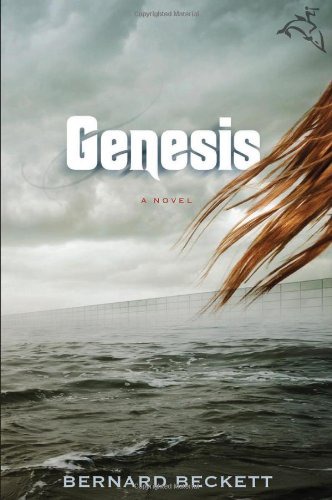
Most books are stored in the elastic cloud where traffic is expensive. For this reason, we have a limit on daily download.
Preview Genesis
Description:
SUMMARY: Go forward in time: it's nearing the end of the century. Do you see a dramatically altered New Zealand? In GENESIS, Bernard Beckett, one of our most provocative writers for young adults, gives us his view of a brave new world. In a terrifying and stifling examination environment a young Academy candidate, Anaximander, is put through a gruelling exercise in interpreting the history and origins of her society. Through her answers, we learn that in 2052, New Zealand has been renamed The Republic after a reforming Governor, Plato. It has separated itself from a plague-ridden globe with a gargantuan ring fence guarded with military outposts. All approaching boats, exploratory air craft or refugees are shot on sight. Society is strictly divided and individuals deviate from their assigned roles at their peril. When one man, Adam Forde (2058-2077) insists on his right to independent thought and action, The Republic is set at grave risk. Adam is imprisoned: his sentence is to become the participant in a programming experiment with a new brand of artificial intelligence. Through Anaximander's rendition of Adam's debates with Artfink, the computer, and her own increasingly disturbing encounter with members of the Academy, we are confronted with unresolved questions raised by science and philosophy. Centuries old, these conundrums have gained new urgency in the face of rapidly developing technologies. What is consciousness? What makes us human? What separates us from the animal and mechanistic worlds? If artificial intelligence were developed to a high enough capability, what status could humanity still claim? As a species, we may have built in our own obsolescence, even if the planet itself is preserved. Outstanding and original, Beckett's dramatic narrative has a stunning closure that turns the reading experience on its head. Genesis will fuel intense debate about ethics and meaning between intellectually hungry young adults.
See more
The list of books you might like
Most books are stored in the elastic cloud where traffic is expensive. For this reason, we have a limit on daily download.
